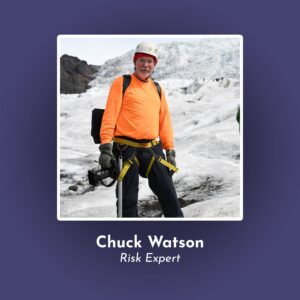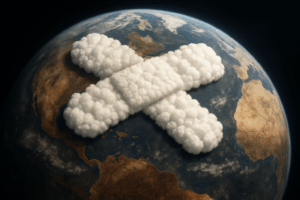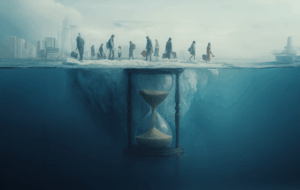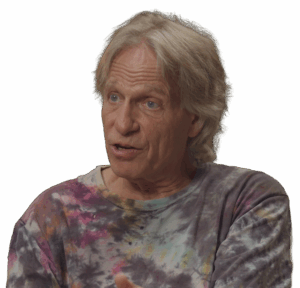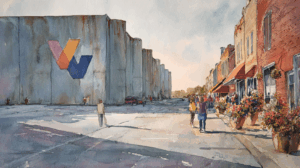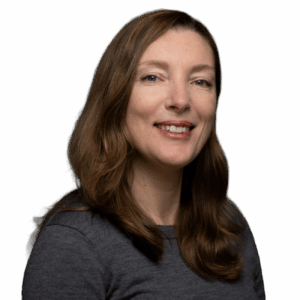
Ep 17 | Chuck Watson
Chuck Watson: “Nuclear War – All the Questions You Were Afraid to Ask”
On this episode, we meet again with risk expert Chuck Watson.
How can we avoid a nuclear conflict? Watson gives a primer on how to reduce the risk of nuclear conflict and the measures we can take to mitigate nuclear exchange as individuals, a nation, and the world. Further, Watson explains the potential pathways to nuclear escalation.
This episode was recorded thanks to the valuable feedback from listeners of The Great Simplification, who expressed a desire to dive deeper into this topic.
About Chuck Watson
Chuck Watson is the founder and Director of Research and Development of Enki Holdings, LLC, which designs computer models for phenomena ranging from tropical cyclones (hurricanes) and other weather phenomena, earthquakes, and tsunamis, as well as anthropogenic hazards such as industrial accidents, terrorism, and weapons of mass destruction
Enki’s models and their outputs are used by governments around the world such as the US Government (NASA, Defense Department, State Department, EPA), the States of Florida, Georgia, North Carolina, South Carolina, and Hawaii, as well as the insurance industry and UN Agencies. Chuck has been a frequent guest on NPR, CNBC, and Bloomberg News providing expert perspectives on the economic impacts of natural and anthropogenic hazards.
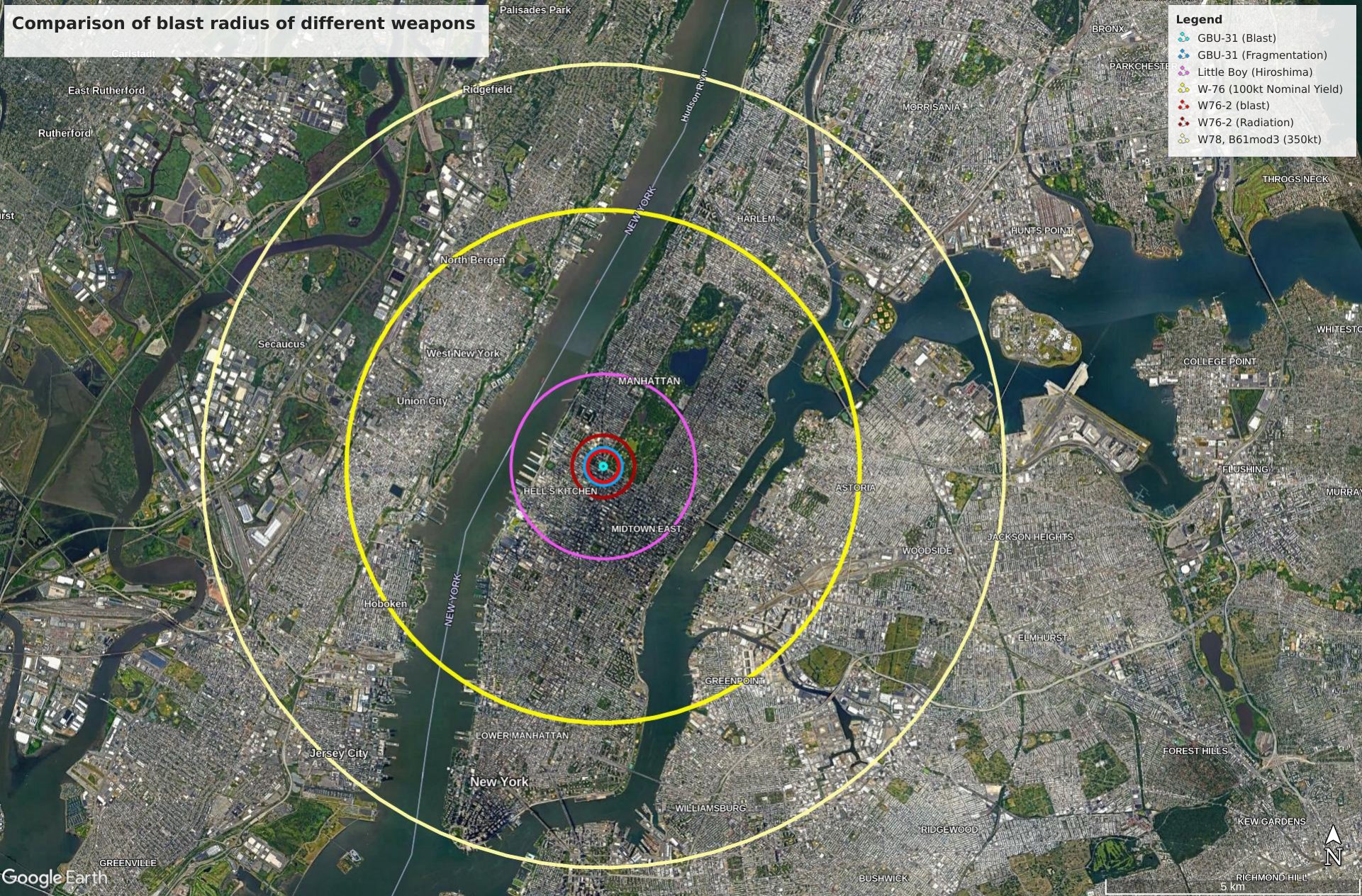
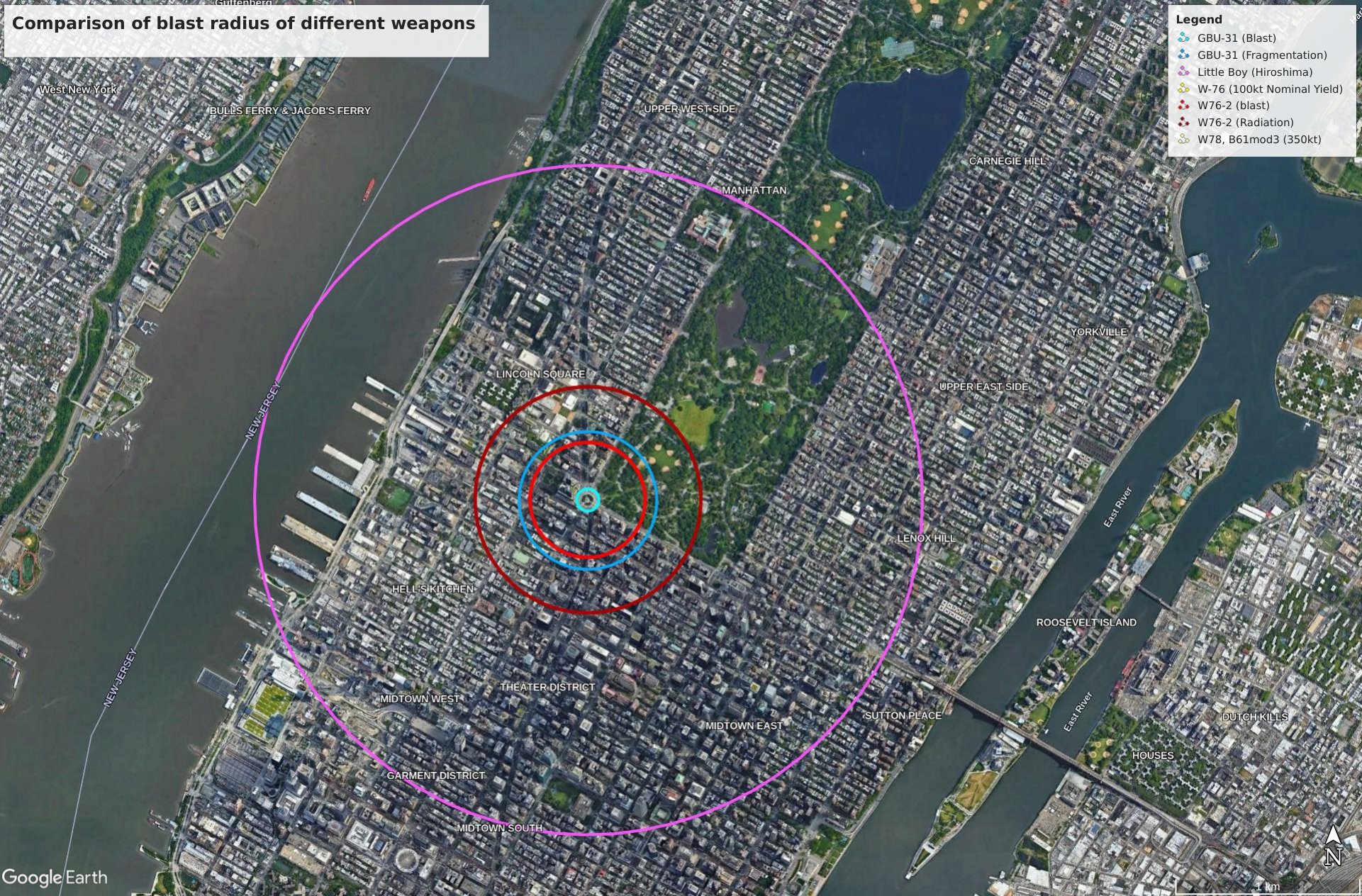
In French, we have a motto that says that a simple drawing is often better than a long explanation. Jean-Marc Jancovici Carbone 4 President
That’s very understandable because with left atmosphere thinking, one of the problems is that you see everything as a series of problems that must have solutions. Iain McGilchrist Neuroscientist and Philosopher
We can’t have hundreds and hundreds of real relationships that are healthy because that requires time and effort and full attention and awareness of being in real relationship and conversation with the other human. Nate Hagens Director of ISEOF
This is the crux of the whole problem. Individual parts of nature are more valuable than the biocomplexity of nature. Thomas Crowther Founder Restor
Show Notes & Links to Learn More
Download transcript00:59 – Chuck Watson Info, Previous TGS with Chuck, Frankly with Chuck Watson, More interesting info
04:20 – TGS Episode with Tristan Harris
09:34 – Fission bombs and splitting atoms
09:51 – Nuclear Fusion
12:35 – Heisenberg
14:44 – Number of nuclear weapons through the years
15:25 – Types of nuclear bombs
20:13 – Conventional weaponry vs nuclear weapons
21:51 – MOAB bomb
22:20 – Dial-a-yield
22:45 – B-61
24:25 – Deuterium/Tritium gas
30:24 – MIRV
33:20 – Proud Prophet
34:27 – Intermediate Nuclear Forces Treaty
42:03 – Effects of Nuclear Weapons and how would it effect the world today
45:20 – Persistent Chernobyl radiation
48:25 – Nuclear Winter
54:30 – Countries with nuclear weapons in the world
1:08:24 – First Use Doctrine
1:22:14 – W76-2
1:23:09 – B61 Modifications

